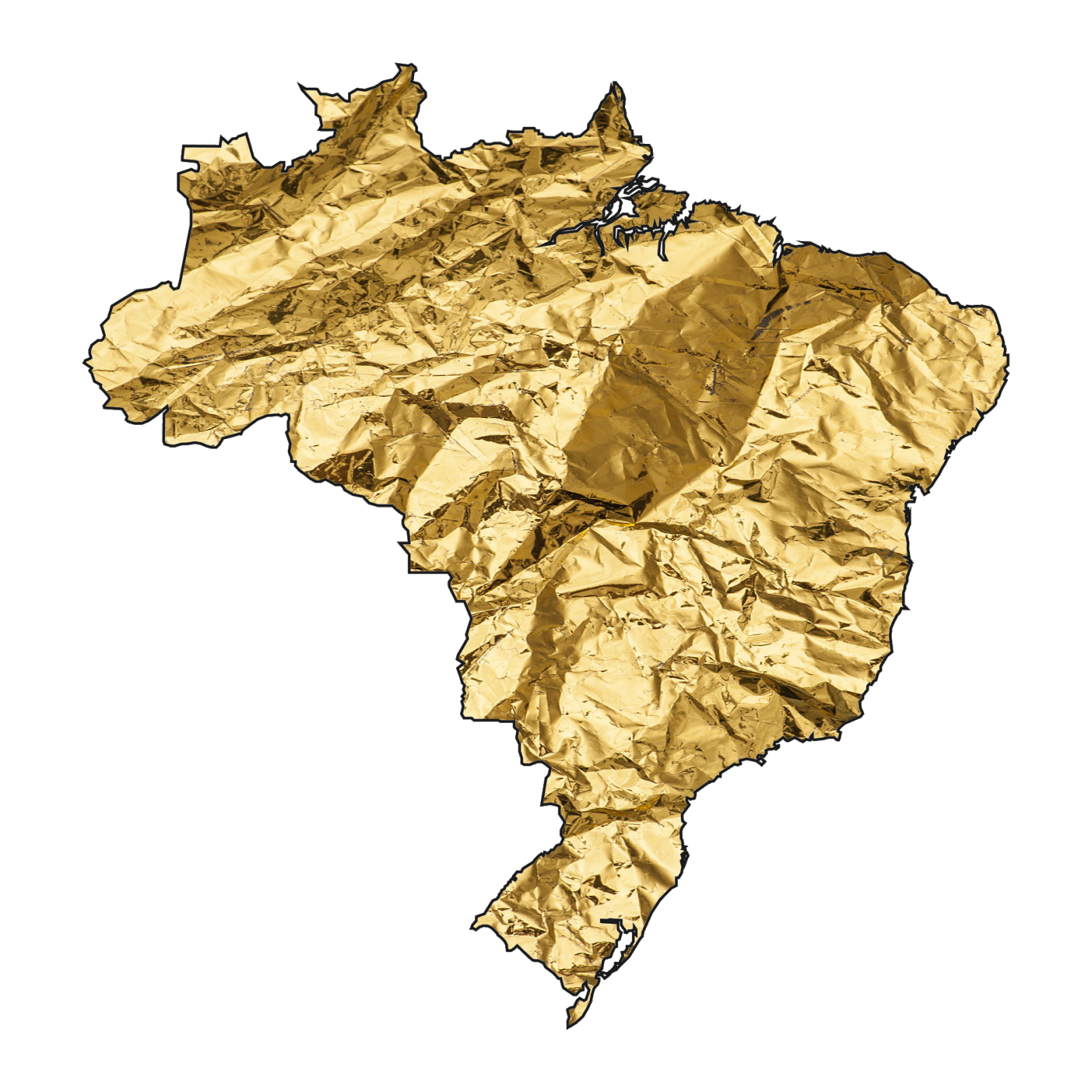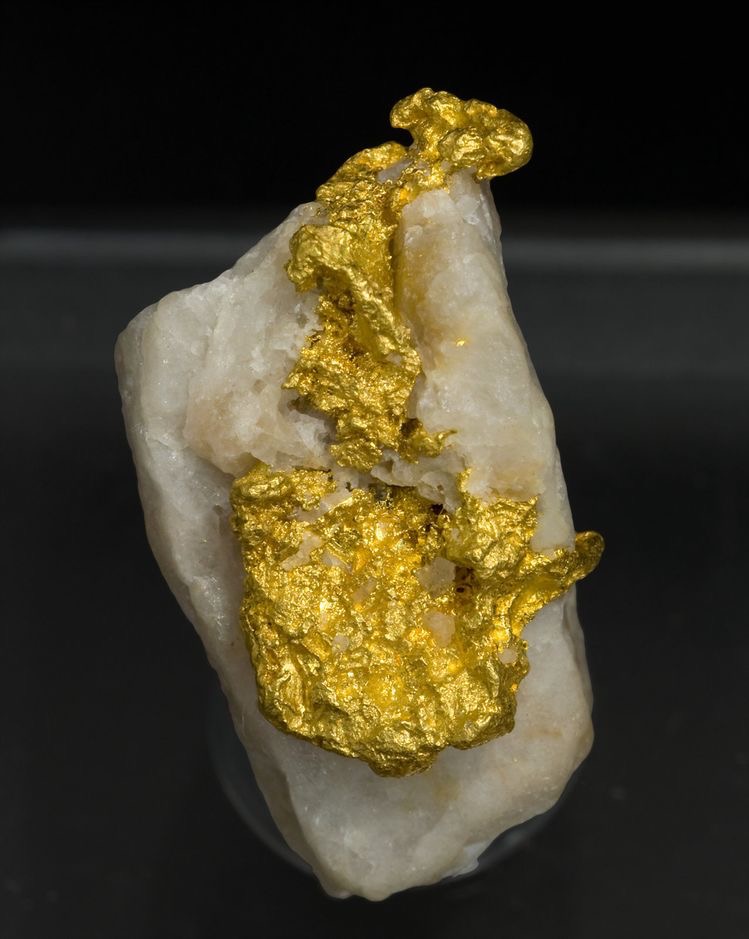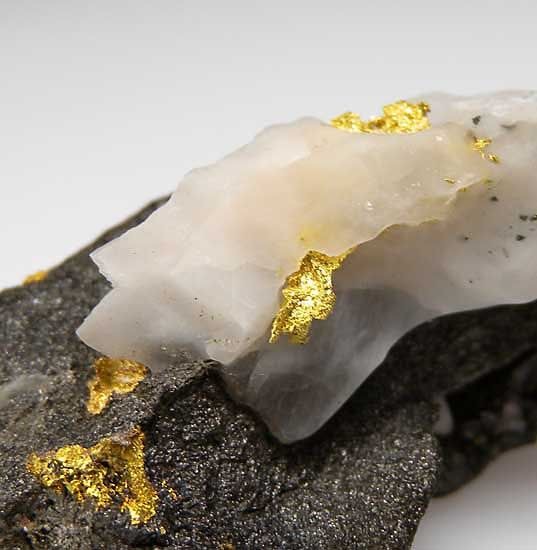Gold Production in Brazil Throughout History

Gold was an important mineral resource for Brazil during the colonial period, with the discovery of large gold reserves in the regions of Minas Gerais, Goiás, Mato Grosso and Bahia.

The gold rush began in Minas Gerais at the end of the 17th century and beginning of the 18th century, when explorers and explorers discovered large deposits of gold in the region. The gold extracted from the mines was exported to Portugal and financed the colonial economy, contributing to the development of cities such as Ouro Preto, Mariana, Sabará and others.
However, gold exploration in Brazil also had negative consequences, such as excessive exploitation of the environment, slave labor in mines and the concentration of wealth in the hands of a few.
Today, Brazil still has large gold reserves, but gold mining is regulated and controlled by the government, with the aim of minimizing the environmental and social impacts of mineral exploration. The country is also a major gold producer in the world, with annual production ranging between 80 and 100 tons.

Furthermore, gold is still an important financial asset, being traded on stock exchanges and used as a store of value in times of economic instability. Brazil has some gold mining companies, which explore the country’s mineral reserves, such as AngloGold Ashanti, Kinross Gold and Yamana Gold.
However, gold mining in Brazil is also the target of criticism and controversy, due to the environmental and social impacts caused by the activity. Gold extraction can cause deforestation, soil and water contamination, as well as conflicts with local communities and indigenous peoples.Therefore, it is important that gold mining is carried out in a responsible and sustainable way, with the adoption of practices that minimize environmental and social impacts, such as the recovery of degraded areas, the protection of biodiversity and prior and informed consultation with communities affected.






